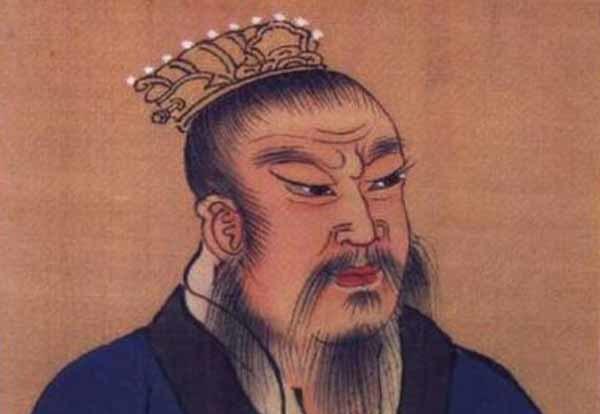Of course there is, how can there be none?
Does Wang Mang remember? It is the one that is called "crosser" on the Internet. He ended Western Han rule and established a brief dynasty called the "New". In this short period of time, peasant uprisings were raging, including Liu Xuan, Liu Xiu, etc. – you read that right, it was really a peasant uprising. Although the leader claims to be a certain generation of descendants of Liu Bang, these bloodlines have long been very distant, and they have long ceased to enjoy the "clan treatment". The leaders of these uprisings were civilians.

These uprisings can be called "anti-new Restoration".
Liu Bei doesn't need to be introduced, right? Influenced by the Romance of the Three Kingdoms, everyone on earth knows it. But did you know that Liu Bei's political slogan in the early period was "Kuangfu Han Room", which meant to assist the then emperor Han Xiandi. After the founding of the State of Cao Wei, on the grounds of "the fall of the Han Dynasty", he claimed to want to "si wu erzu and bow down to heavenly punishment".
Isn't this "anti-Wei Fu Han"?
Earlier, Qin Shi Huang destroyed the Six Kingdoms and unified the world, but he did not expect the second to die. The many rebel armies that destroyed the Qin Empire, from Chen Sheng and Wu Guang to Liu Bang and Xiang Yu, were all under the banner of "Chu". The anti-Qin alliance established by Liu Xiang and others jointly honored King Huai of Chu as emperor of righteousness and was subject to his control. Although everyone knows that King Huai of Chu is a puppet. But in any case, there are still names.
Isn't this "anti-Qin and Fuchu"?
"Anti-Qing and Restoration" is the slogan, "Kuang Fu Han Room" is the slogan, and "Great Chu Xing, Chen Shengwang" is also a slogan. For every major act, a persuasive slogan is found. Although linguistically different, at the end of the day, their essence is the same.